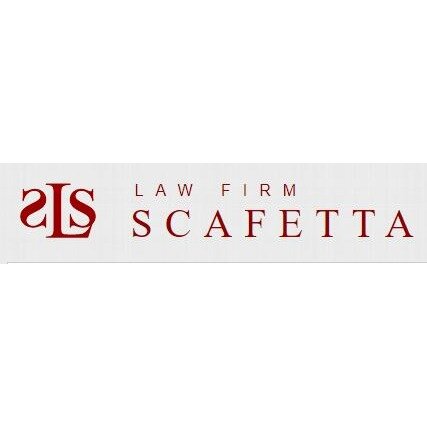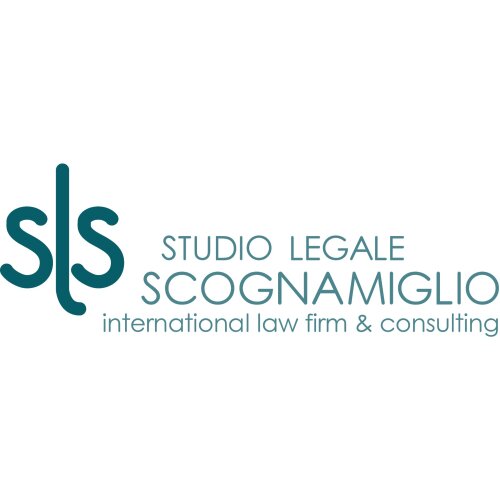Best Due Diligence Lawyers in Naples
Share your needs with us, get contacted by law firms.
Free. Takes 2 min.
List of the best lawyers in Naples, Italy
About Due Diligence Law in Naples, Italy
Due Diligence is a legal concept that plays a crucial role in various aspects of business transactions and contracts in Naples, Italy. It involves conducting thorough investigations and assessments to evaluate the authenticity, legal compliance, and potential risks associated with a transaction, investment, or partnership. Due Diligence helps individuals and businesses make informed decisions while minimizing the possibility of legal complications and financial losses.
Why You May Need a Lawyer
Engaging a lawyer experienced in Due Diligence can be crucial in several situations:
- Buying or selling property: Due Diligence ensures that all legal requirements are met, titles are clear, and the property is free from any encumbrances.
- Business partnerships: A lawyer can help assess the financial stability, legal compliance, and potential risks of a partnership.
- Investments: Due Diligence is essential to evaluate the viability and legality of an investment opportunity.
- Mergers and acquisitions: Lawyers play a significant role in assessing the target company's financial records, legal compliance, and potential liabilities.
- Contract negotiations: A lawyer can review contracts, identify potential risks, and ensure all legal terms are fair and favorable.
Local Laws Overview
In Naples, Italy, several laws and regulations are particularly relevant to Due Diligence:
- Civil Code: The Civil Code establishes the general principles of obligations, contracts, and property rights, which are fundamental in Due Diligence procedures.
- Antitrust Law: The Antitrust Law regulates mergers and acquisitions to prevent anti-competitive practices, ensuring Due Diligence assesses compliance with these regulations.
- Real Estate Law: Real Estate Law governs property transactions, providing guidelines for Due Diligence when buying or selling properties.
- Corporate Law: Corporate Law outlines rules for company formation, structure, and compliance, which are essential in Due Diligence processes involving businesses.
Frequently Asked Questions
1. What information should be considered during Due Diligence?
During Due Diligence, relevant information includes financial records, contracts, licenses, permits, employment agreements, environmental assessments, intellectual property rights, and any potential legal disputes or liabilities.
2. How long does the Due Diligence process typically take?
The duration of Due Diligence can vary depending on the complexity of the transaction or situation. It may take anywhere from a few weeks to several months to complete a thorough investigation and assessment.
3. Who typically performs Due Diligence?
Due Diligence is often carried out by professionals such as lawyers, accountants, auditors, and specialized firms with expertise in evaluating legal and financial aspects of a transaction.
4. What are common red flags to look out for during Due Diligence?
Red flags in Due Diligence may include incomplete or inconsistent financial records, undisclosed legal disputes, pending litigation, regulatory non-compliance, and any undisclosed liabilities.
5. What are the potential risks if Due Diligence is overlooked?
If Due Diligence is overlooked, individuals and businesses may face legal disputes, financial losses, reputational damage, regulatory penalties, and complications in transactions or partnerships.
Additional Resources
- Naples Chamber of Commerce: https://www.napoli.camcom.it/
- The Italian Bar Association: https://www.consiglionazionaleforense.it
Next Steps
If you require legal assistance in Due Diligence matters, it is advisable to consult with a qualified lawyer with experience in this field. They can guide you through the process, ensure your rights are protected, and help you make informed decisions based on the legal aspects of your situation.
Lawzana helps you find the best lawyers and law firms in Naples through a curated and pre-screened list of qualified legal professionals. Our platform offers rankings and detailed profiles of attorneys and law firms, allowing you to compare based on practice areas, including Due Diligence, experience, and client feedback.
Each profile includes a description of the firm's areas of practice, client reviews, team members and partners, year of establishment, spoken languages, office locations, contact information, social media presence, and any published articles or resources. Most firms on our platform speak English and are experienced in both local and international legal matters.
Get a quote from top-rated law firms in Naples, Italy — quickly, securely, and without unnecessary hassle.
Disclaimer:
The information provided on this page is for general informational purposes only and does not constitute legal advice. While we strive to ensure the accuracy and relevance of the content, legal information may change over time, and interpretations of the law can vary. You should always consult with a qualified legal professional for advice specific to your situation.
We disclaim all liability for actions taken or not taken based on the content of this page. If you believe any information is incorrect or outdated, please contact us, and we will review and update it where appropriate.










